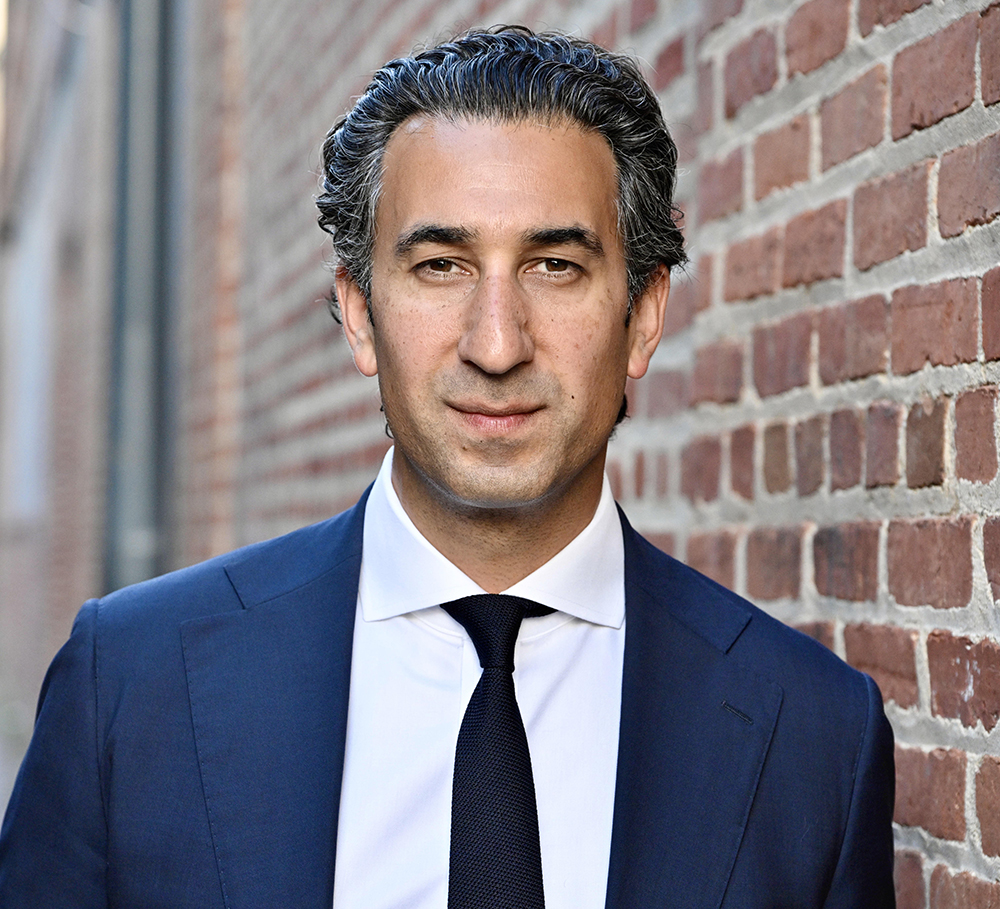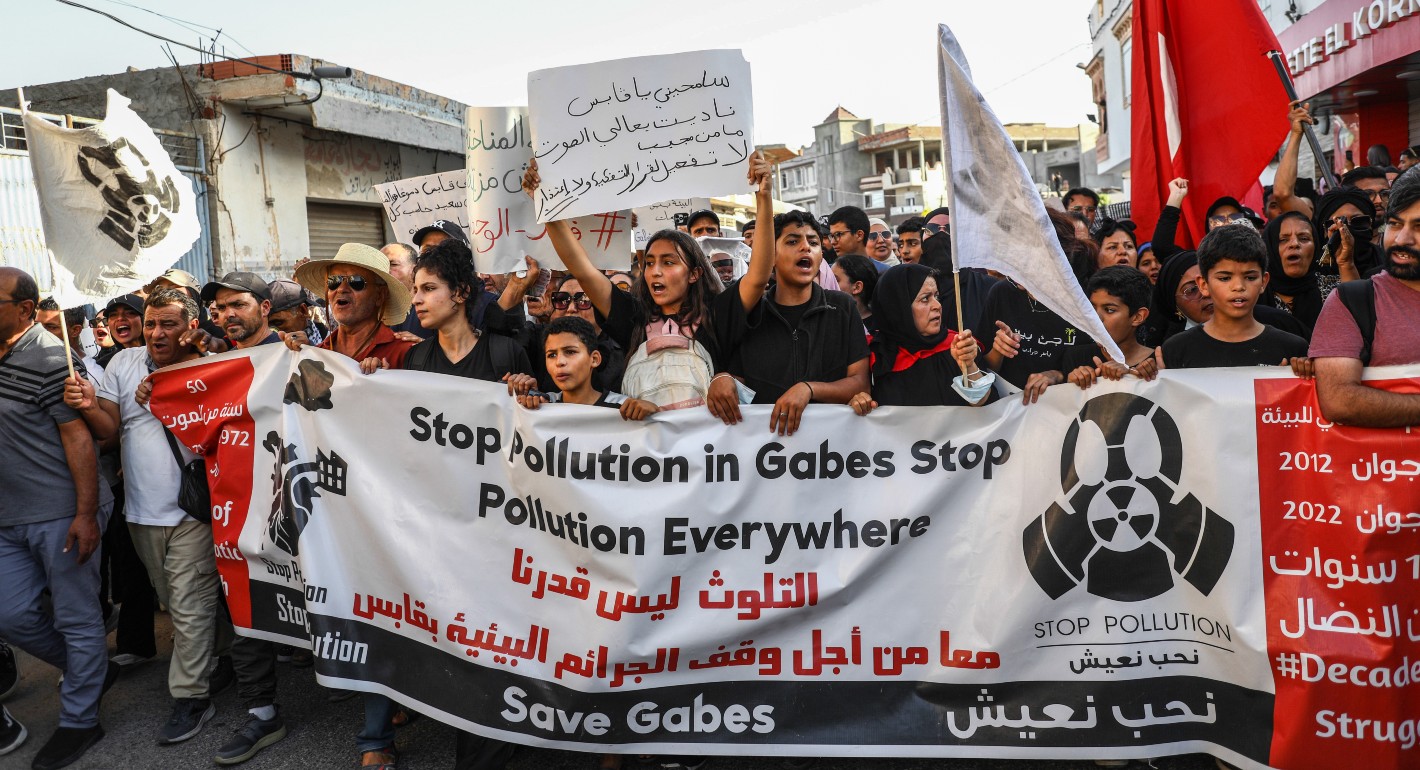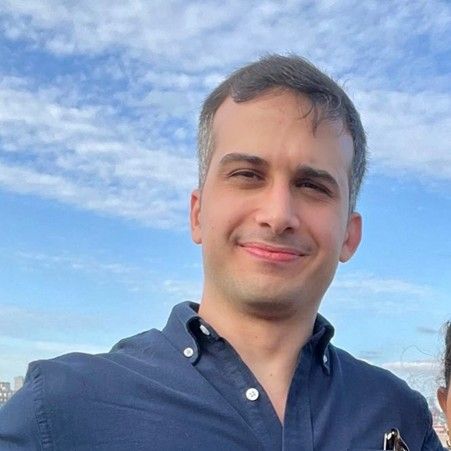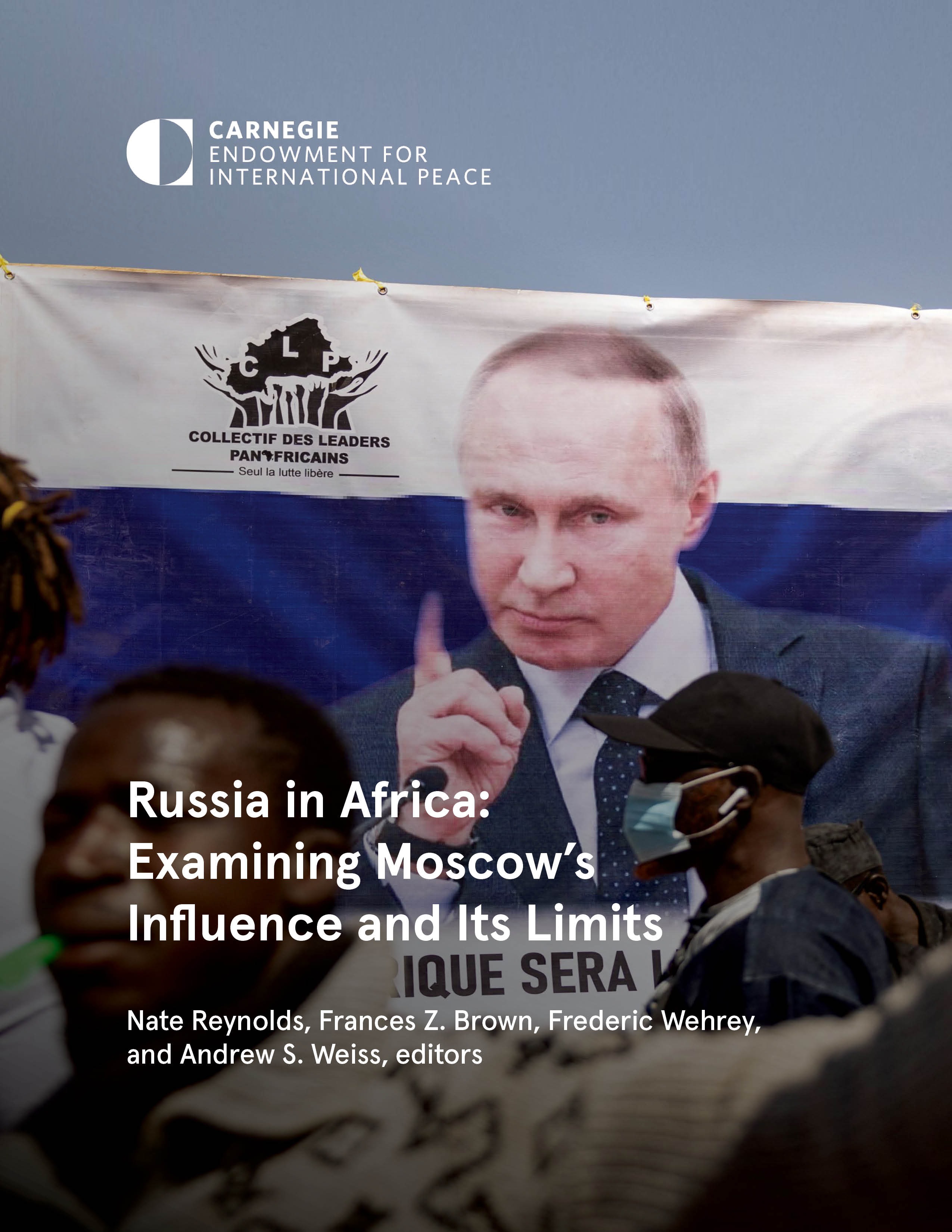Christopher Boucek
{
"authors": [
"Christopher Boucek"
],
"type": "legacyinthemedia",
"centerAffiliationAll": "dc",
"centers": [
"Carnegie Endowment for International Peace"
],
"collections": [],
"englishNewsletterAll": "menaTransitions",
"nonEnglishNewsletterAll": "",
"primaryCenter": "Carnegie Endowment for International Peace",
"programAffiliation": "MEP",
"programs": [
"Middle East"
],
"projects": [],
"regions": [
"North Africa",
"Mauritania",
"Saudi Arabia"
],
"topics": [
"Political Reform"
]
}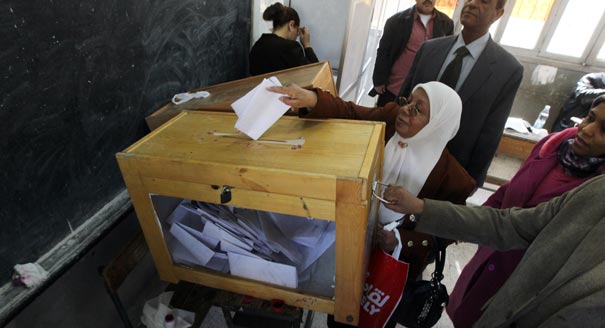
Source: Getty
Saudi Extremism to Sahel and Back
There is little doubt that links exist between Islamist militants in the states of the Sahel and Saudi Arabia. While Saudi funding and export of religious dogma play a role in the Sahel, nationals from the latter region are increasingly visible within Saudi Arabia's own militant communities.
Source: Jane's Islamic Affairs Analyst

More than 700 alleged militants linked to Al-Qaeda were arrested in Saudi Arabia during the first six months of 2008, according to the latest figures available from the Saudi authorities.
Officials from the Ministry of the Interior said the suspects were involved in a range of plots, including plans to target an oil facility, a security headquarters, and other infrastructure and economic interests. Saudi Arabian authorities believed other suspects were involved in a number of activities, including producing propaganda materials, spreading takfiri [extremist Sunni] ideology, recruiting potential suicide bombers, fundraising for terrorist attacks within the kingdom and collecting money to support martyrs' families in Afghanistan and Pakistan.
Of the 701 arrested, 181 were released because of insufficient evidence. The 520 remaining in custody were apprehended in security sweeps throughout the country that had taken place during the year until that date.
Reports by the Saudi media that Mauritanian nationals were allegedly involved in a June 2008 plot to target oil facilities in the Eastern Province have drawn renewed attention to the role played in Islamist extremism within Saudi Arabia by nationals of Africa's Sahel Belt countries - including Mauritania, Mali, Niger, and Chad. Their role is little understood or studied.
Militancy in Mauritania
The growth of Islamist extremism in Mauritania is increasingly a cause for concern. The country has experienced a series of attacks linked to Al-Qaeda and the regional organisation Al-Qaeda in the Islamic Maghreb (AQIM).
In June 2005, the militant Groupe Salafiste pour la Prédication et le Combat (GSPC) attacked a Mauritanian military garrison at Lemgheiti close to the Algerian and Malian borders. Fifteen Mauritanian soldiers were killed in the attack and a further 17 were wounded when more than 150 militants overran and looted the base, making off with weapons, ammunition, and vehicles.
In their claim of responsibility the GSPC (the Algerian predecessor to the regional AQIM) asserted that the attack was in retribution for the arrest of their comrades by the Mauritanian government.
Several months later, a series of attacks again highlighted the danger posed by violent extremists. On 24 December 2007, four French nationals were shot dead in an attack in the southern city of Aleg. Three days later, an attack at El Ghallaouiya killed three Mauritanian soldiers. In the capital Nouakchott on 1 February 2008, shots were fired at the Israeli embassy and a neighbouring nightclub, wounding three civilians. This followed the release of a February 2007 video in which Al-Qaeda deputy Ayman al-Zawahiri called on Mauritanian Muslims to take up jihad against their "treasonous" government and expel the Israeli diplomatic mission.
Following the December 2007 Aleg attack, French authorities advised cancelling the Dakar Rally because of security concerns, denying Mauritania a significant source of foreign income and international prestige.
Perhaps of more concern was an April 2008 running gun battle in the capital Nouakchott with Sidi Ould Sidna, the alleged shooter in the Aleg murders that left two people dead and 15 wounded. After initially escaping from police custody, he and the alleged leader of the attack against the Israeli embassy, Khadim Ould Semane, were apprehended together in Nouakchott, according to Interpol.
Most recently, in September 2008, 12 Mauritanian soldiers were killed in an ambush near Tourine near the border with Western Sahara. In claiming responsibility, AQIM asserted that the attack was 'carried out to avenge oppressed prisoners' held by Nouakchott. The group also addressed Mauritanian soldiers ordered to fight Al-Qaeda, and encouraged them to "seek forgiveness from God" rather than follow the "orders of Crusaders". This attack followed similar statements condemning the August military coup that had overthrown the first democratically elected government.
The latest attack again highlighted Mauritania's fragility and the critical need to improve regional border security issues. However, many Africa watchers have cautioned against inflating the current threat posed by extremism in Mauritania.
Mounting religiosity
According to several indicators, public religiosity in Mauritania is on the rise. The UN has cited research claiming that the annual budget for the Ministry of Islamic Affairs has rapidly risen to USD12 million in 2008.
Moreover, in the past 10 years, the number of mosques in the capital has risen from under 60 to more than 900. Wearing the veil has become increasingly common recently, as has fasting during Ramadan. One government official recently commented that citizens who do not publicly engage in outward displays of piety are becoming more subject to criticism from fellow citizens.
In the aftermath of the August 2008 coup, a number of Western counter-terrorism officials told Jane's that they believed that former president Sidi Ould Cheikh Abdallahi's administration had been relatively lax with regard to the Islamists in the country. The Guardian reported that his government had drawn criticism for starting dialogue with Islamist hardliners. The Guardian also noted just after the coup that the Abdallahi government also freed, pardoned or released from custody several alleged terrorists, drawing the ire of the Mauritanian military and Western governments.
Various local and Western observers have alleged that Saudi support for Mauritanian mosques and madrassahs has exacerbated the situation, although it is unclear to what extent, if any, such organisations affected increasing extremism in the country.
Following the June 2005 attack, a former US Department of the Treasury official reported that Mauritanian security forces detained clerics at Saudi and other Gulf-funded mosques. This followed arrests in May 2003 in which that three dozen people connected to a Saudi-funded school and Islamic institute were detained on charges of conspiring against the government, according to the official.
It is unclear whether these events involved Saudi officials or private individuals. While there may be wealthy Gulf-based individuals who fund such institutions, according to Saudi officials Riyadh has sought to curtail such independent donations. However, the effectiveness of such measures by the Saudi state remains very difficult to assess.
Saudi authorities also assert that it is now government policy that Riyadh no longer sends official Saudi imams abroad to proselytise. Returning Saudi-trained and educated Mauritanian nationals play a role in facilitating the introduction of more austere interpretations of Islam. However, the exact impact of theological students returning from Saudi Arabia is as yet unknown.
A senior United States counter-terrorism official recently noted that training compounds linked to Al-Qaeda exist in northern Mali and Southern Algeria. Other sources have indicated that these locations serve primarily as logistical hubs. The allegations by US government officials of terrorist training facilities on Mauritania's borders have increased recently. According to analysts, camps in Mali are greater concern than Mauritania.
Mauritanians are recruited into AQIM within the country, and some nationals go abroad for training. It has been suggested by Western counter-terrorism officials that some Mauritanians have joined AQIM from either the military or the police, although this has yet to be documented.
While violent extremism seems to be largely imported from Algeria and is not indigenous, it is now understood that AQIM has established safe houses in Nouakchott, as well as in other cities in Mauritania.
The role of foreign fighters of North African origin - Morocco, Algeria, Tunisia, and Libya - in Iraq has been well documented in the past. While it is believed that Mauritanians and other Sahelian nationals have travelled to fight in Iraq, the officially documented numbers are small. There was only one confirmed Mauritanian national identified among the Sinjar records (records on Al-Qaeda's recruitment of foreign fighters released by the US government in December 2007). He claimed to have been recruited to fight by the imam he was studying with in eastern Mauritania.
Evidence exists that AQIM's use of increasingly advanced explosive compound mixtures can be attributed to fighters returning from Iraq, which suggests that the flow of fighters in not strictly one-way. This raises concerns for relatively weak governments in the region that are unable to completely exert full control over their national territory.
Sahel nationals in Saudi Arabia
The activity of Sahelian nationals in extremist activity in Saudi Arabia is little understood.
Chadians, Nigeriens, Malians and Mauritanians have been implicated in a number of incidents related to terrorism and extremism, as well as other criminal activity. Chadians especially have been linked to a variety of crimes, including armed robberies, drug sales and prostitution. Chadian nationals have been recruited in Saudi Arabia to fight in Iraq, implicated in a plot to break-out Al-Qaeda operatives from Ruwais prison in Jeddah and arrested for the September 2004 fatal shooting of French defence worker Laurent Barbot in Jeddah. Three Chadians and one Mauritanian were among the Saudi government's list of most wanted terrorist suspects; one Chadian suspect, Noor Mohammed Musa, was subsequently reported killed in Iraq.
Sahelian nationals in the kingdom can be divided into two groups, with Mauritanians being distinct from Chadians, Malians, and Nigeriens. Mauritanians, very often fluent in Arabic, are recruited at home by Saudis to come to the kingdom for legal jobs. Mauritania is a member of the Arab League, which allows its nationals easier entry to the kingdom, and it is also viewed as benefiting from a rich Islamic heritage as it is where of one of the Muslim world's oldest seats of Islamic scholarship was located.
Saudi militants perceive Mauritanians as better educated than other Sahelians, and frequently view Mauritanians as more effective and good managers. For these reasons, according to Saudi security sources, Mauritanians are recruited in the kingdom to organise and administer extremist cells. These security sources believe Mauritanians are frequently recruited while they are performing the Hajj. Their language skills and theological knowledge are prized by elements among extremist leaders and they are deployed to recruit other Arabs and Muslims, as well as less religious Saudis.
Other Sahelians, especially Chadians are most often recruited to serve operationally. Many of them originally came to Saudi Arabia legally and overstayed their visas. According to Saudi authorities, Chadian nationals as a group are among the most frequently arrested for staying beyond their visa duration.
Saudi security officials claim Chadian nationals do not enrol their children in schools because they do not want to risk being exposed if their visas run out. The children are instead educated through informal private and unregistered seminaries run within the Chadian community. Saudi security officials say this exposes them to unregulated instruction, frequently of questionable quality. It is these pupils who are understood to be recruited in the kingdom. It is admittedly difficult to gain an accurate picture, especially as the Saudi government will frequently label a person as a foreign national (non-Saudi) even if they were born and have always lived within the kingdom.
Islamists continue to make headway within the Sahel amid a population that is increasingly receptive to their message. Support within Mauritania and other Sahelian countries for such messages cannot be ignored.
This is in part an attempt by AQIM to obtain the attention of 'Al-Qaeda central' by demonstrating gains made in North Africa and the Sahel. AQIM has also sensed an opportunity for expansion in the region.
However, the trend of both extremism with the Sahel and the activity of Sahelian nationals in the global jihad needs to be placed in the proper perspective. It is not an epidemic, nor is it insignificant. Regional recruiters have encountered some challenges but, if neglected, the phenomenon will be sure to grow.
© Jane's Information Group 2009, Jane's Islamic Affairs Analyst. Reproduced with permission.
About the Author
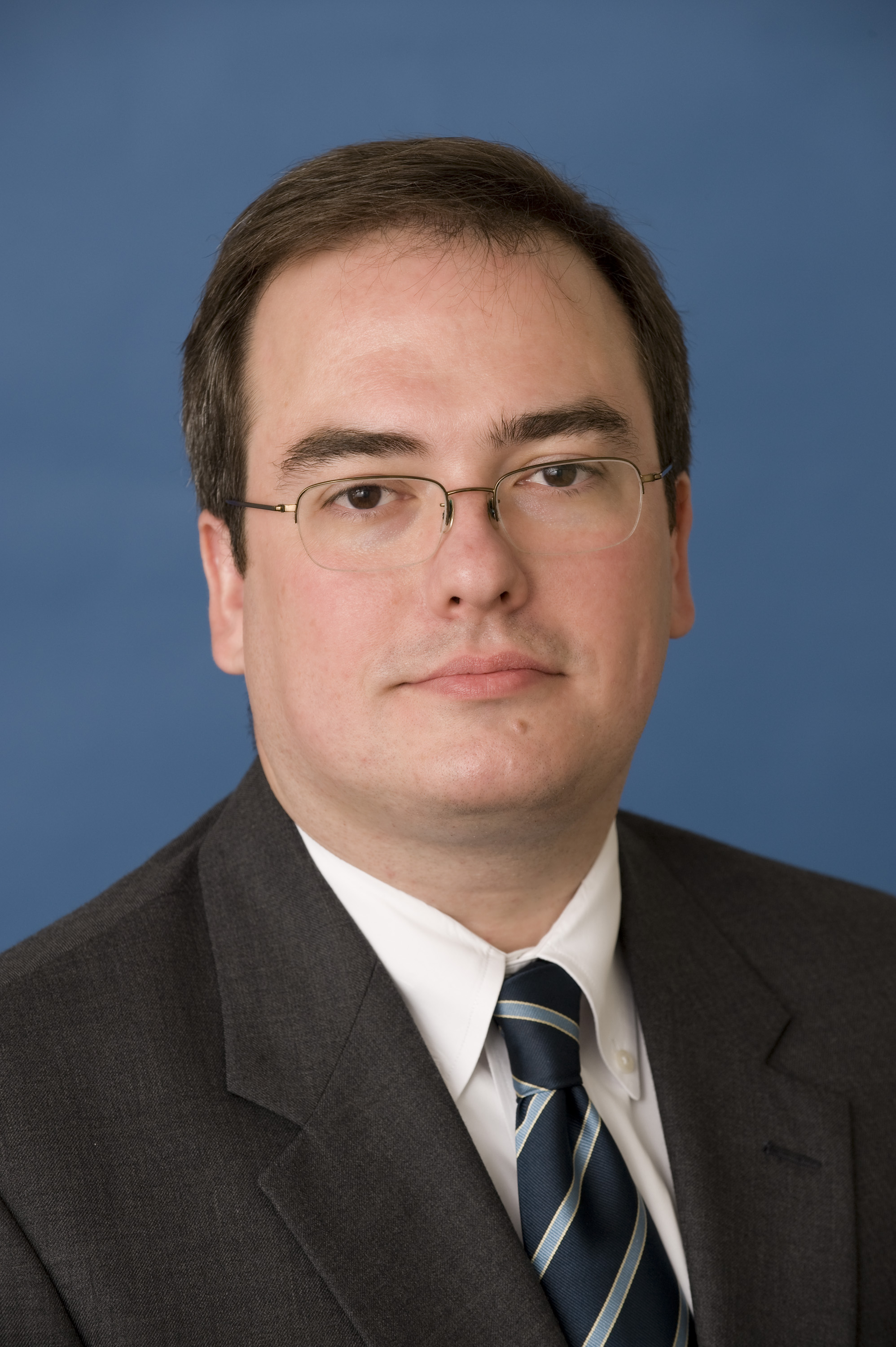
Former Associate, Middle East Program
Boucek was an associate in the Carnegie Middle East Program where his research focused on security challenges in the Arabian Peninsula and Northern Africa.
- Yemen After Saleh’s Return and Awlaki’s ExitQ&A
- Rivals—Iran vs. Saudi ArabiaQ&A
Christopher Boucek, Karim Sadjadpour
Recent Work
Carnegie does not take institutional positions on public policy issues; the views represented herein are those of the author(s) and do not necessarily reflect the views of Carnegie, its staff, or its trustees.
More Work from Carnegie Endowment for International Peace
- The Gulf Monarchies Are Caught Between Iran’s Desperation and the U.S.’s RecklessnessCommentary
Only collective security can protect fragile economic models.
Andrew Leber
- The Kremlin Is Destroying Its Own System of Coerced VotingCommentary
The use of technology to mobilize Russians to vote—a system tied to the relative material well-being of the electorate, its high dependence on the state, and a far-reaching system of digital control—is breaking down.
Andrey Pertsev
- Civil Society Restrictions in North Africa: The Impact on Climate-Focused Civil Society OrganizationsArticle
For climate-focused civil society in countries like Morocco, Algeria, and Tunisia to be most effective, organizations should work together to develop networks that extend their reach beyond their local area and connect across borders to share best practices and amplify each other’s work.
Sarah Yerkes
- When Football Is More Than FootballCommentary
The recent African Cup of Nations tournament in Morocco touched on issues that largely transcended the sport.
Issam Kayssi, Yasmine Zarhloule
- Russia in Africa: Examining Moscow’s Influence and Its LimitsResearch
As Moscow looks for opportunities to build inroads on the continent, governments in West and Southern Africa are identifying new ways to promote their goals—and facing new risks.
- +1
Nate Reynolds, ed., Frances Z. Brown, ed., Frederic Wehrey, ed., …
